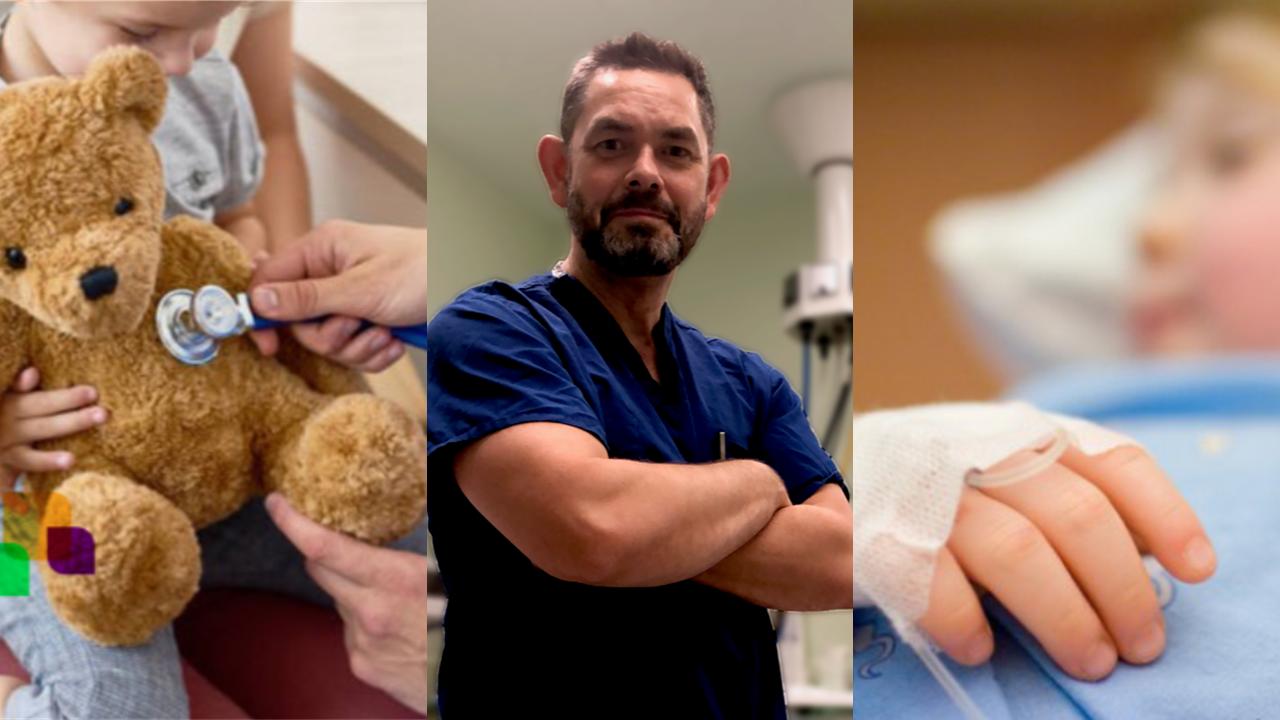Procedure induced anxiety affects the majority of children on their journey through the healthcare system and can have long-term consequences on their mental health and wellbeing. This anxiety may be generated by any medical intervention, from the simplest and transient, to the most complex, spanning most of a person’s childhood.
We are excited to share details of a new elearning programme that provides a comprehensive account of research evidence to illustrate the prevalence and consequences of this condition.
Introducing the training, Dr Richard Martin, Consultant Anaesthetist and Clinical Lead for Procedure Induced Anxiety at Great Ormond Street Hospital, said:
“This outstanding and comprehensive course offers an understanding of the significance of anxiety, how it impacts on a child’s mental health and wellbeing, how to minimise and potentially avoid causing trauma, and how to help children manage anxiety whilst in our care. The course represents what I have always believed should be a core competency in training for anyone caring for children.
“It has been written by an incredible team of experienced professionals working within this super specialty, and practicing across many of the major paediatric centres in the UK. Its publication represents a watershed in the management of children receiving medical care and interventions.”
Until now, there has been little training available around this important area of care, and despite extensive research in this field, few have embraced the lessons that this imparts. This new training has been created by the Royal College of Anaesthetists in partnership with the Association of Paediatric Anaesthetists of Great Britain and Ireland, NHS England elearning for healthcare, and Cambridge University Press.
It offers the reader an in-depth understanding of anxiety management strategies, allowing them to integrate these into their practice, with a view to reducing both anxiety and the consequent psychological morbidity experienced by children undergoing medical interventions.
Dr Richard Martin added: “For longer than any practitioner has been alive, trainees have been inappropriately taught that frightened and anxious children recover quickly from any emotional trauma they sustain, that they quickly forget about upsetting and painful experiences, and that these have no immediate, intermediate or long-term consequences. As a result, many children fail to receive the consideration and care we should strive to deliver, and they and their families should know to expect.
“So it is with these observations that we offer this course to you, and hope to address this area of need.”
Sessions within the eleaning programme cover:
- Introduction – Anxiety
- Non-verbal communication
- Vocal and verbal communication
- Enhanced communication strategies
- Procedure-induced anxiety management for neurodivergent children
- Parental anxiety
- Premedication
- Equipment and environment: anxiogenic stimuli
- An Introduction to elective management and preparation
- Psychology
- Play
- Technology
We would like to take this opportunity to thank The Royal College of Anaesthetists, The Association of Paediatric Anaesthetists of Great Britain and Ireland and Cambridge University Press for the opportunity to generate this material, and the incredible, dedicated and professional teams at NHS England elearning for healthcare (elfh) for creating the platform to do so.
Accessing the elearning
To find out more and to access the training, please visit the Management of Procedure Induced Anxiety in Children programme page.
Users will receive a certificate upon completion of the training, which can be added to their portfolio.



Comments are closed.